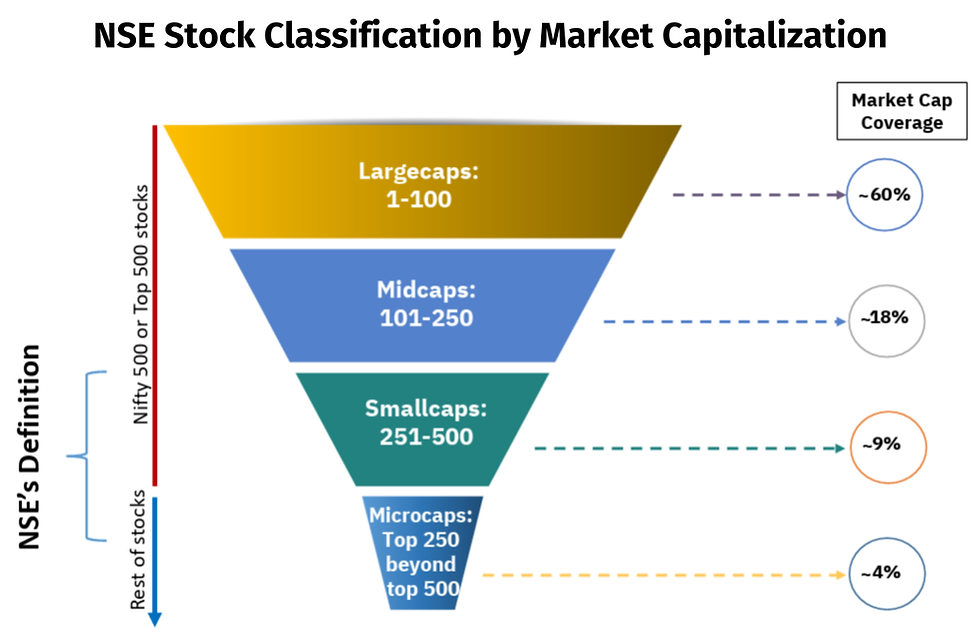The Entrepreneurial Challenge - III : Helping Entrepreneurs Slash Their Tax Bills
- Akshay Nayak
- Apr 7, 2024
- 3 min read
Entrepreneurs inherently have to deal with a greater tax liability compared to most other individuals. This is largely down to the fact that they need to shoulder a tax liability both in their personal capacity and on behalf of their businesses. This sees entrepreneurs end up having to pay taxes through their nose and therefore being left with a lot less of their money to enjoy for themselves. But the silver lining in this case is the fact that entrepreneurs in have a number of tax deductions available to them under the Income Tax Act 1961.
And entrepreneurs can derive the benefits of some of these deductions in their personal capacity, and those of others through their businesses. So just a little prudent tax planning can help entrepreneurs drastically reduce their tax bills. This would in turn allow entrepreneurs to keep more of their money in their own pockets. So today I am going to talk about the most important measures that entrepreneurs can employ to slash they annual tax bill. I will cover measures that entrepreneurs can employ in their own capacity as well as those they can employ as a tax deductible business expense.
One of the easiest and most common tax deductible business expenses which entrepreneurs can take advantage of is the payment of salaries to relatives. The term 'Relative' has been defined under the relevant provisions of the Income Tax Act to include a spouse, brother, sister or any lineal ascendants (parents, grandparents and great grandparents) or descendants (children, grandchildren and great grandchildren). So employing any of these relatives in the business and paying them a salary can be claimed by an entrepreneur as a tax deductible business expense.
But this deduction would only be available if salaries are paid to such relatives at arm's length. In other words salaries paid to relatives must be reasonable and justifiable in light of their educational and vocational qualifications. In effect, salaries paid to relatives should not be exorbitant. The list of primary relatives covered under the Indian Income Tax Act have been laid out in the graphic that follows.

Another major avenue where entrepreneurs can claim tax deductions would be the expenses they incur on behalf of their businesses. Incurring expenses such as travel, accommodation and utilities on behalf of the business would allow entrepreneurs to show amounts spent under these heads as business expenses. These amounts can then be claimed as tax deductions. Also, those entrepreneurs whose home doubles up as their office can also claim amounts spent on domestic electricity bills as a tax deduction. Finally, most expenses incurred on account of marketing would also be tax deductible.
Donations made to political parties and specified charities and welfare funds can also be claimed by entrepreneurs as a tax deduction. Paying workers and/or employees through bank transfers and other digital payment modes instead of cash would help entrepreneurs further avoid taxability issues. It would also help them with regard to ensuring that they are better in compliance with prevailing tax laws, since excessive payments in cash would require compliance with a number of rules and may also invite legal scrutiny. The various modes of digital payment are laid out in the graphic that follows.

Those who wish to continue opting to be taxed under the old regime after 1st April 2023 may claim tax deductions on any housing loans they may have of up to ₹ 1,50,000 a year under Section 80C of the Income Tax Act. They may also a tax deduction on medical insurance premiums of up to ₹ 25,000 paid by them under Section 80D of the Income Tax Act, 1961. Entrepreneurs can cover their spouse, children, and parents under this provision. It must of course be borne in mind that tax deductions on home loans and medical insurance premiums can be availed of by entrepreneurs only as long as the option to be taxed under the old regime every year is available to them.
Once the new tax regime becomes the mandatory norm, deductions on both of these avenues would no longer be available. Clearly, the legal provisions of the Indian Income Tax Act have more than enough avenues for entrepreneurs to make use of and reduce their overall tax liability which may otherwise be quite significant. An awareness of these provisions therefore becomes an essential body of knowledge for entrepreneurs to have. Only then would they be able to prevent taxes from eating away large portions of their income and keep most of their earnings to themselves.



Comments